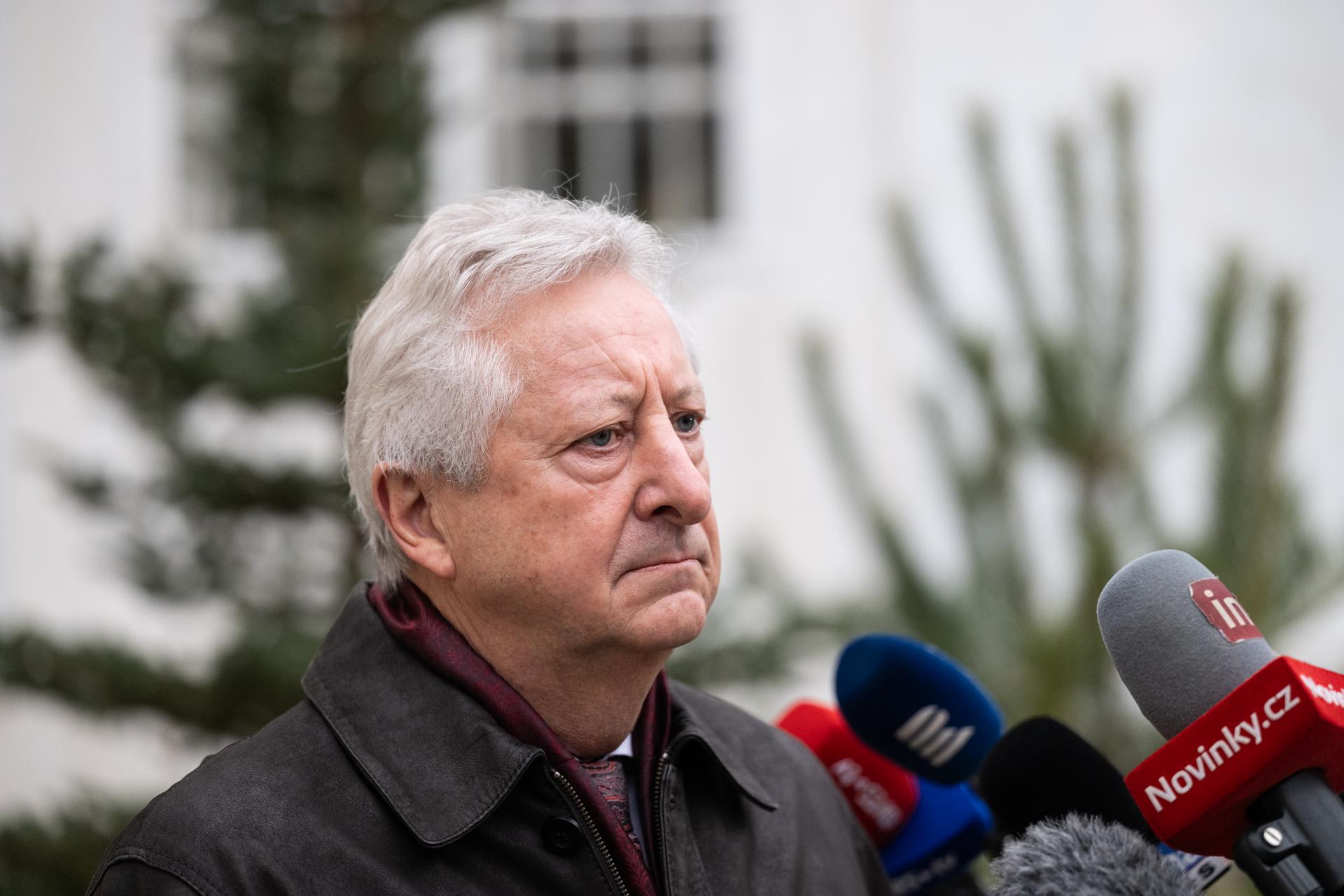Working out the correct E-speed
Countries outside the eurozone are trying to come up with ways not to lose their influence on their own destiny.

Is a referendum on the euro, desired by Czech Prime Minister Petr Nečas, a “triumph of reason” or rather a “stab in the back” of the saviour of the euro, German Chancellor Merkel? The Czech Republic will have to work out its own role and position in crisis-torn Europe. Elsewhere across the continent, this all-important agenda is shaping up in different ways.
The nine other countries outside the eurozone can be divided, with some simplification, into four groups. Number one, the open refusniks: Britain, Denmark, and Sweden. Two, those who want to but cannot quite yet meet the conditions for adopting the euro: Lithuania, Latvia, and Bulgaria. Three: Poland, a strongly pro-European fan of the Union. And lastly, “problem cases” who due to shaky national budgets and economies are not even in a position to debate joining the euro: Romania and Hungary.


The Czech Republic is still in the second group, but is swinging toward group number one. London and Copenhagen both previously negotiated an exception – that is, to opt out of the obligation to adopt the euro. Although Sweden has no exemption, it’s ranked among euro opponents because of a referendum on the common currency held in 2003 that, by a narrow majority, turned the euro down.
To stamp Sweden today as euro-sceptic, however, is not entirely straightforward either. “We were somewhat demure, yes,” says Mark Rhinard, Senior Research Fellow at the Swedish Institute of International Affairs in Stockholm. “On the other hand, membership in the Union is now seen very positively, as are the efforts we’re making to influence its future shape. Today that appears more and more difficult, as nervousness is growing over the fact that we’re on the outside.” According to Rhinard, worries about the growing alienation from the European core may have prompted the recent statement by the Swedish Prime Minister that the country could join in the rescue package for Greece, even though, as a member outside the eurozone, it is not obliged to do so.
It’s much the same fear of losing “influence over its own future” that is now being voiced in Denmark – a country that, along with Britain, has come to be labelled the most sceptical of all the twenty-seven member states. Local experts, on the other hand, are increasingly observing that Denmark has long been an indirect member of the eurozone anyway, since for years the Danish krone has been in the especially close relationship with the euro that each of the current EU members must go through in the last two years before the changeover to the euro. Although formally independent, the Danish krone is now firmly tied to the movements of the euro. Similarly, the Danish interest rate and monetary policy fully replicate those of Brussels.
Harmony is the main thing, please
Interviews with political scientists and economists in countries outside the eurozone reveal that, in the reality of the EU of today, demands for referenda are exceptions rather than the rule. The only two countries where they have been heard recently are Latvia and Poland. In Latvia, only one political force is pushing for a referendum – the Harmony Centre, which represents the strong Russian minority and is trying to strengthen Latvia’s ties with Moscow. In Poland one was called for by the head of the opposition Law and Justice party, Jaroslaw Kaczynski, who in the last elections however was defeated by pro-Europe Prime Minister Donald Tusk.
In Latvia, it should be borne in mind that only two years ago the country found itself in a situation similar to that facing Greece today. A host of economic problems forced the small Baltic state to accept drastic measures imposed by the European Central Bank and the International Monetary Fund: salaries and state benefits were cut across the board by tens of percent, and the government introduced several new taxes and raised existing ones. Many commentators expected an explosion of nationalist and anti-European sentiment. None of this has happened – at least, not yet.
In the case of Poland, announcing the country’s entry into the eurozone as soon as possible in today's uncertain times would be a truly exceptional and courageous step which, according to local political strategists, would leave Poland in an even stronger position for future development.
Yeah, times are changing
A view similar to Poland’s is far from prevailing in the Czech Republic. “Entering any time soon is nonsense: the monetary union has become a debt union, and I see no reason why we should pay someone else’s debts,” Prime Minister Necas has repeated often lately. The Czech Republic ought to do only what will bring it some benefit. “The eurozone is creating an ever-tighter core that is even talking about common taxes and other forms of centralisation, which we reject on principle,” adds Czech MEP Jan Zahradil, leader of the eurosceptic Civic Democratic Party. With this attitude, the Czech Republic is clearly not only putting some distance between its position and Poland’s position, but is even striking out in the opposite direction.
Outside the eurozone, no other governments are expressing similar notions – except for that of Hungary, led by Prime Minister Viktor Orban. “We can’t expect rapid growth from the EU, and Hungary must go its own way,” he said recently. Orban, though, is generally regarded in the Union as an autocratic politician whose government has taken Hungary to the very periphery of Europe.
At the same time, however, Nečas has not steered the Czech Republic into a radical anti-Europeanism, as embodied by Czech President Vaclav Klaus. “As for the referendum, it simply points to the fact that EU membership entails increasing costs, and for countries like the Czech Republic it may be preferable to work out a slightly slower speed of integration.”
This article was translated by Presseurop.eu.
is a Paris based news website publishing a daily selection of articles chosen from more than 200 international news titles, then translated into ten languages - English, German, French, Spanish, Romanian, Italian, Portuguese, Dutch, Polish and Czech.
Pokud jste v článku našli chybu, napište nám prosím na [email protected].










